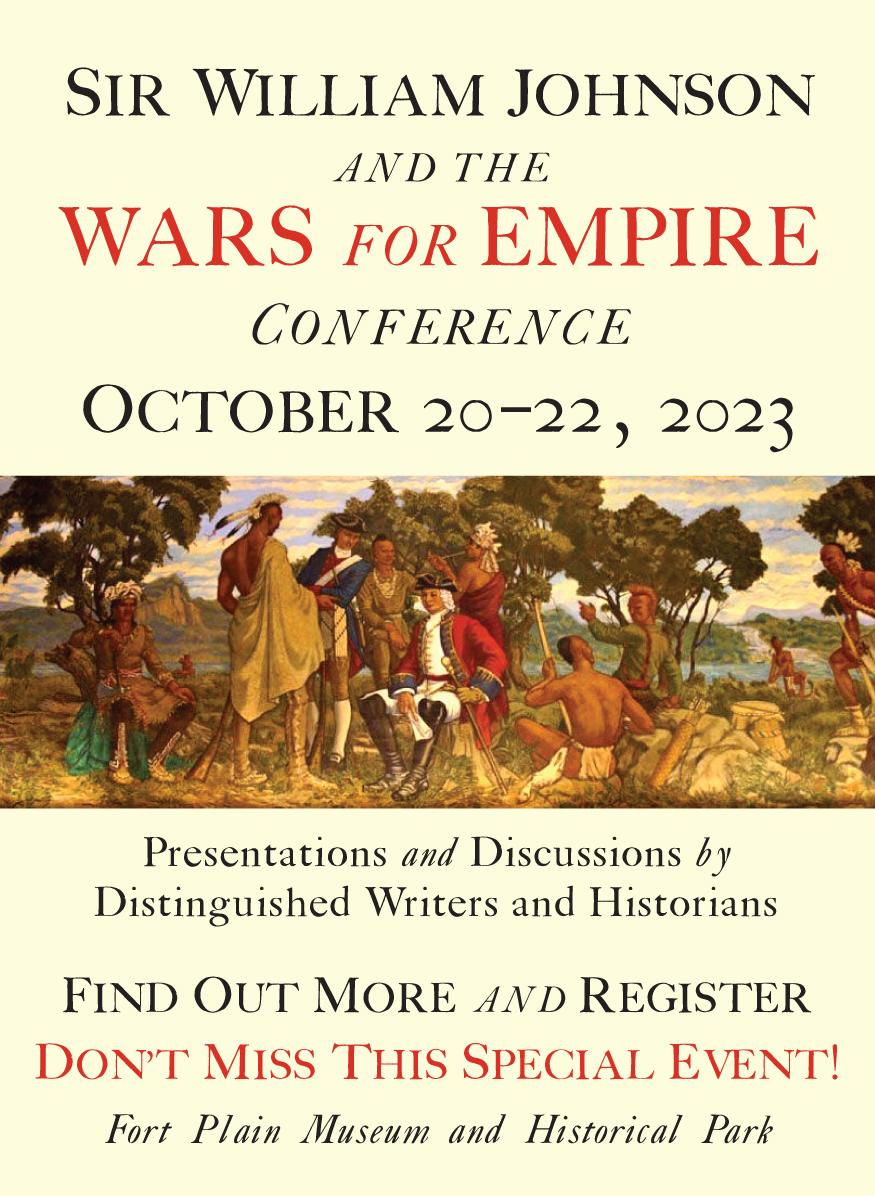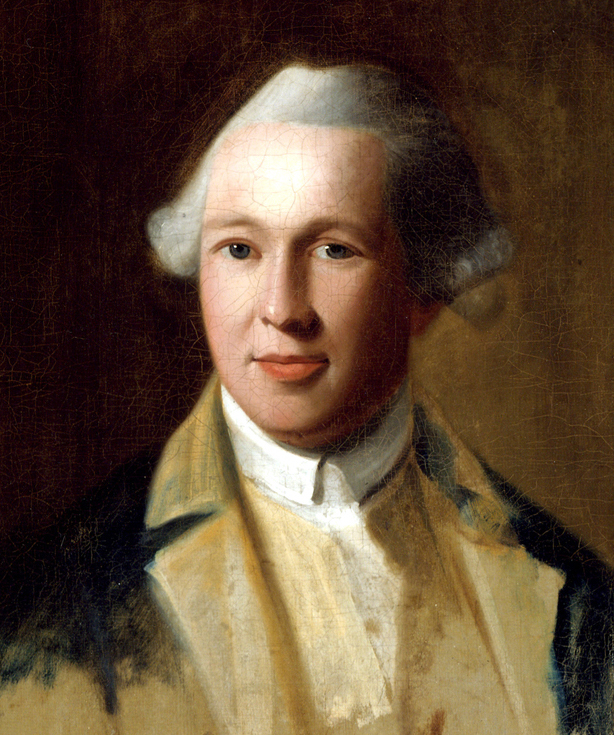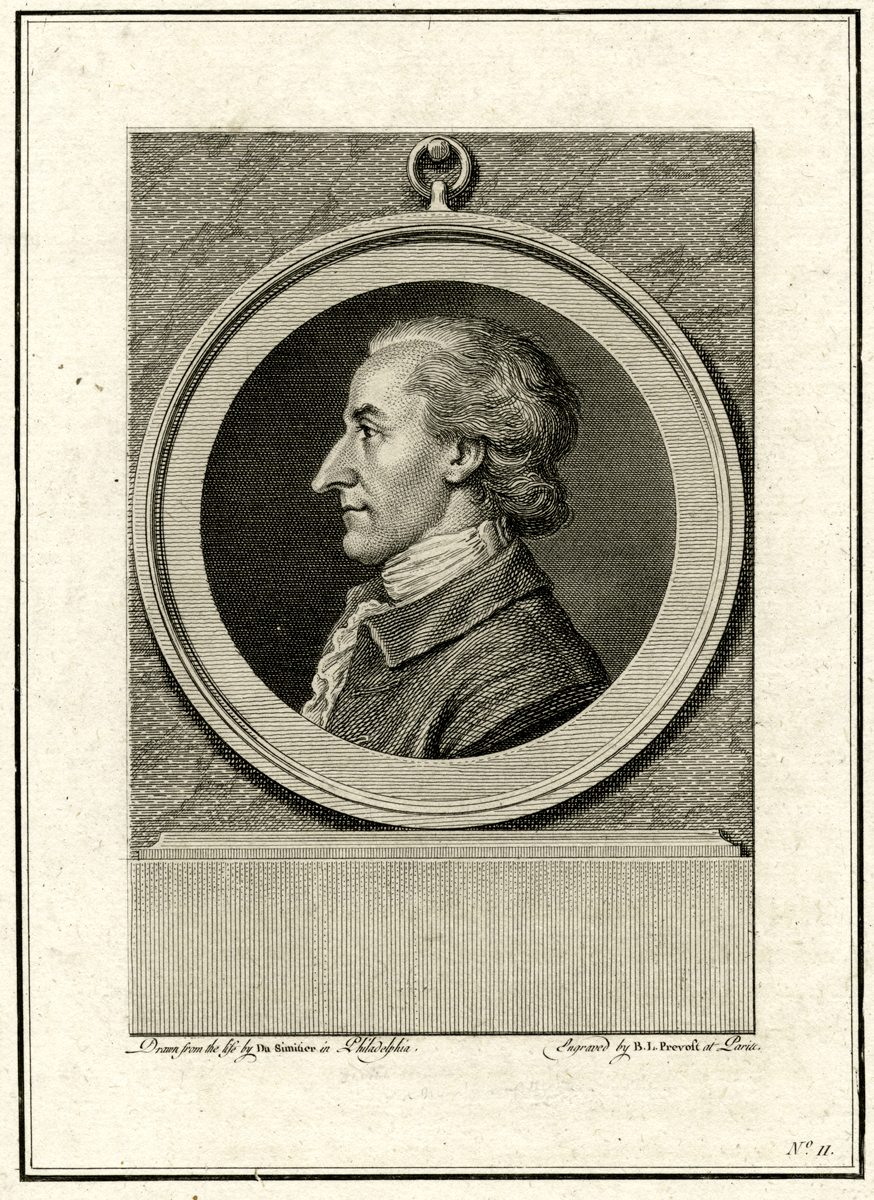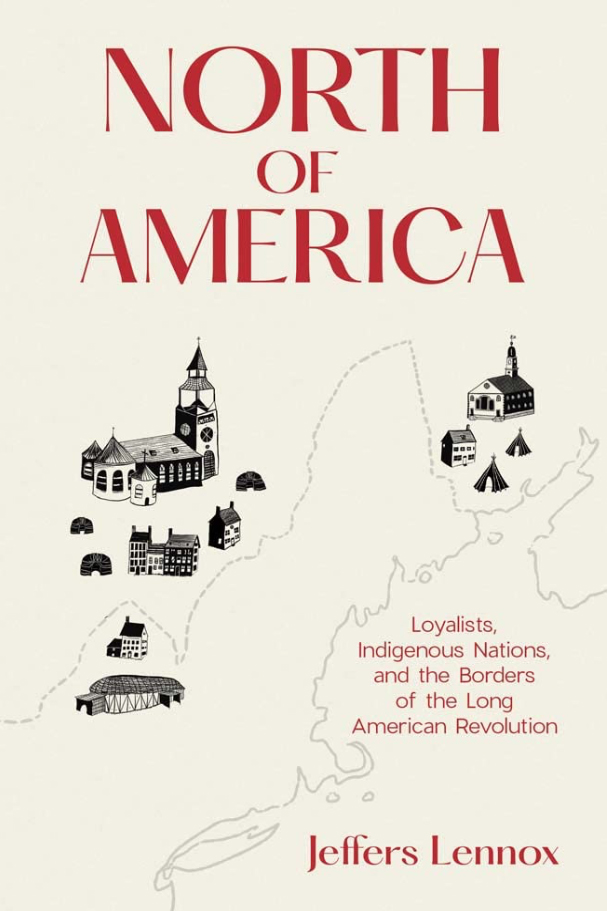Duncan Grant was proud of his wife. She was someone to write home about, and that’s exactly what he did. In a letter to his father, he boasted that she kept him “more like a gentleman than a Soldier.”
That was quite a compliment; if it was true, Margaret Grant must have been quite an enterprising woman. Duncan was a British soldier in the 21st Regiment of Foot, known as the Royal North British Fusiliers. Son of a farmer from the town of Duthil, southeast of Inverness in Scotland, just west of Grantown-on-Spey, he had enlisted as a soldier well before war broke out in America.[1] His regiment sailed from Plymouth in England to Quebec in Canada in early 1776 to relieve that place from an American siege. After campaigning from Quebec to Lake Champlain in the fall of 1776, the 21st spent the winter at St. John’s on the Richelieu River. In 1777, they were with Gen. John Burgoyne’s army that captured Fort Ticonderoga and other posts, then began to push down the Hudson River towards Albany.
Somewhere along the line, Duncan Grant was sent back up Lake Champlain to Montreal to retrieve some of his regiment’s baggage. It was typical for regiments to travel lightly on campaign, leaving behind extra clothing, equipment and other stores safely in a garrison town. The 21st Regiment’s commanding officer (who was also the brigadier general commanding the brigade in which the regiment served) apparently was fully confident that his men would be spending the winter in Albany, and sent for the baggage so that it would be available when needed. So it was that Duncan and Margaret were in Montreal when they heard that their army was running into some trouble, and the forty-year-old soldier wrote about it to his father.[2]
Letters written by British soldiers are quite rare even though there’s evidence to indicate that the majority of British soldiers were literate.[3] I was lucky to come across Duncan Grant’s letter in a collection of Grant correspondence in the National Archives of Scotland containing many letters and documents to and from officers but only this one by a common soldier.[4] I was not allowed to photograph it, so I transcribed the run-on sentences, non-uniform spelling and cryptic punctuation as well as possible.
The letter contains much of the sort of information we’d expect, brief mentions of the welfare of people Duncan’s father knew, which could be relayed to others around Duthil. Maj. Robert Grant of Tullochgribban, not far from Duthil, had been killed at the battle of Hubbardton on July 7, as were some others from Tullochgribban, but other acquaintances were well; some men originally from Duthil had joined the Royal Highland Emigrants, a new regiment being raised by Lt. Col. Allan MacLean; and so on for various other individuals. But the big news was that Margaret was expecting a child very soon.
The way that Duncan wrote about Margaret suggests that his father had never met her. In fact, although the words can be interpreted many ways, we get the impression that Mr. Grant was considering leaving an inheritance to a son-in-law with whom he was not fully satisfied, rather than to Duncan. But the meaning is not clear. The full letter reads:
Canada, Montreal, North America, the 12 Septr 1777
Dr. Father
You will Excuse me for not writing to you sooner as I could not inform you of our Transactions in this part of the world. We had several Engagements last Summer but this summer has been a bloody one on both sides and likely to continue for some time but I hope wit the assistance of god in time we will get the better of them although they are very numerous in proportion to our number. I am very sorry to let you know that Major Grant of the 24th Regiment was killed [illeg] ago Tullochgribans son and Peter mack Donald son in Tullochgribban was killed the same Engagement with major Robert Grant. Alexander Cameron is well and William Robertson when I left them but they had a smart engagement since I was sent to Montreal by General Hamilton to Bring some Bagage to the Regiment to Albeny. Peter Smith and Peter Smith William and David Smith, Sons that was in Duthil, they are in Colo MacLeans Regiment in Canada; Likeway Lewis Grant Capt Allan Grants son, James and Donald Grant sons to Donald Grant that was formerly on Desher is in the same Regiment. My step mothers Brothers son is in General Hows Army but for his sister I do not know what place she is in. Robert Grant is in Colo Mackleans Regiment in Canada that is married to James Cumings daughter that was in Avocmore who informed me when he left new York that serjt MacGrigor was an officer in a new raised Regiment there and before that I heard that he went home a Recruiting. There is so many of our Country people hear that it is too tedious for me to mention at present, my wife is Bigg with child at present expecting to ly in every day who desires to be Remembered to you all happy was the day that ever I got such a good wife for she keeps me more like a gentleman than a Soldier.
Dr. Father although I am at a Distance from you I hope you will not for get me in my proper rights and if you will have the pleasure to see my wife she will please you better than your son in Law although I Bless god for it I do not want both gold and silver and good Cloaths by her industry.
Remember our love to my step mother our Sisters ther husbands and Children and all Enquiring Friends. No more at present from your Dutifull son and Daughter
Duncan & Margaret Grant
21st Regiment
Direct to Duncan Grant soldier In the 21st Regimt or Royal North British Fuziliers in North America
Duncan Grant made it clear that his wife’s industry left him wanting for nothing, not “gold and silver and good Cloaths.” The base pay of a private soldier was calculated only to feed and clothe him, not to support a family. Even though soldiers had many ways to earn additional money doing work either for the army or privately, soldiers’ wives generally also had to work to earn enough to subsist themselves and their children. They worked for the army as nurses, washer women, sutlers, and at other jobs, and they found work locally wherever their regiments were posted. It is unfortunate that Duncan did not record how Margaret provided so well for them.
Duncan Grant closed his letter by telling his father how to direct a response. That information soon changed. The month after the letter was written, the 21st Regiment and others in Burgoyne’s army surrendered at Saratoga. Duncan and Margaret, along with over sixty other soldiers of the regiment, were left stranded in Canada. When it became apparent that the Saratoga prisoners would not be exchanged any time soon, these men were drafted (transferred) into the 34th Regiment of Foot, which had sent only two companies (out of ten) on Burgoyne’s campaign. Duncan Grant remained in the 34th until at least January of 1783; unfortunately, a one-year gap in the regiment’s muster rolls makes his fate unknown.[5] He was no longer in the regiment in January 1784, and there’s no evidence that he returned to Great Britain to receive a pension. The 1782 muster rolls, prepared at St. John’s, list him as “sick,” leaving us to wonder if he died some time in 1783.
And what of Margaret Grant, and the child due to be born in late 1777? Of them, we know nothing. Military documents often record the numbers of wives and children that accompanied regiments, but seldom give their names. All the information we have about Margaret Grant is in the letter that her husband wrote to his father. Happy was the day that ever he got such a good wife.
[1] Duncan Grant was already on the muster rolls of the 21st Regiment at the beginning of 1776; previous rolls have not been examined to determine when he joined. Muster Rolls, 21st Regiment of Foot, WO 12/3778/2, The National Archives of Great Britain. Other details of Grant’s background are deduced from the letter.
[2] Duncan Grant’s age is given as 45 years old on a return dated January 1, 1783, from which we deduce his age in September 1777. The document also records his height as 5 feet seven inches. His total length of service is obscured. Return of the Country, Age, Size and time of Service of the Serjeants, Corporals, Drummers and private men of Captain Alexander Fraser’s Company, 34th Regiment, Fort Scholosser, 1st January 1783, WO 28/8 p200.
[3] Literacy is deduced from the ability of a man to sign his name, a common albeit weak indicator. A survey of several thousand discharge documents for soldiers who served in America reveals just over half (about 55%) signed with the soldier’s name; on the others, the man made an X annotated with “his mark.” Soldiers’ discharges, WO 121/1 through /13, The National Archives of Great Britain.
[4] Duncan Grant to Laughlan Grant, September 12, 1777, Grant correspondence, GD248/509/3, National Archives of Scotland.
[5] Muster Rolls, 34th Regiment of Foot, WO 12/4866/2, The National Archives of Great Britain.














One thought on “Duncan Grant’s Wife Margaret: Someone to write home about”
Thank you for mentioning Major Robert Grant of the 24th Foot who was killed at Hubbardton on July 7, 1777 in your article. His commander, Brigadier Simon Fraser felt his loss very personally. In an after action letter, Fraser wrote, “I feel very sensibly the death of Major Grant, no man was ever more attached to another than he was to me, & extremely useful to me on many occasions.”